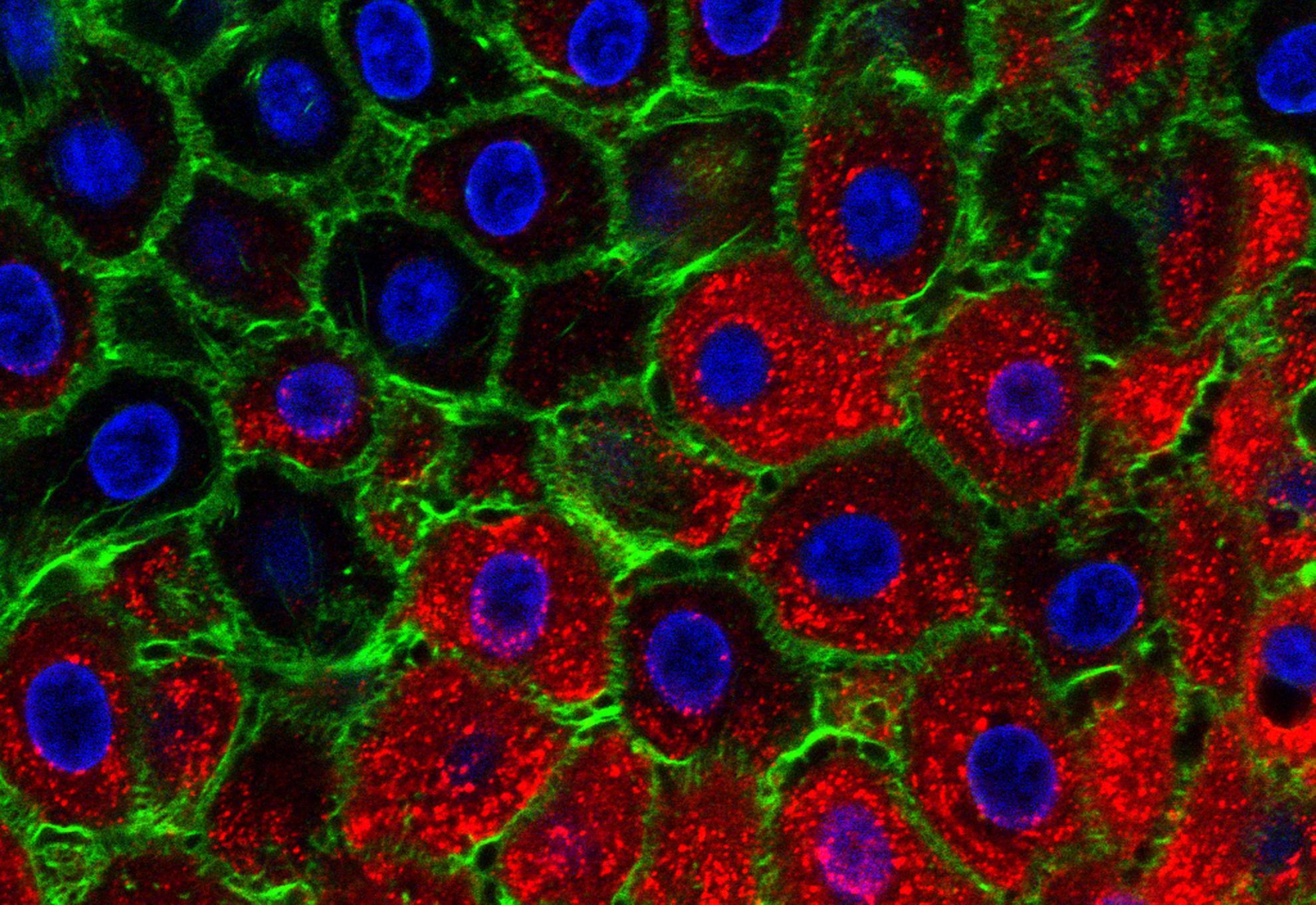Foot-and-mouth disease virus infection in the domestic dog (Canis lupus familiaris), Iran
Background: Foot-and-mouth disease (FMD) is a highly infectious viral disease, recognised to affect animals in the order Artiodactyla. The disease is rarely fatal in adult animals, however high mortality is associated with neonatal and juvenile infection.
Case presentation: Five puppies died after being fed lamb carcases, the lambs having died during an outbreak of FMD in Iran. Following a post-mortem examination, cardiac tissue from one of the dead puppies was subjected to virus isolation, antigen ELISA, real-time RT-PCR, sequencing and confocal microscopy to assess the presence and characteristics of any FMD virus. The virological and microscopic examination of the cardiac tissue provided evidence of FMD virus replication in the canine heart.
Conclusions: The data generated in this study demonstrate for the first time that FMD virus can internalise and replicate in dogs and may represent an epidemiologically significant event in FMD transmission, highlighting the dangers of feeding diseased animal carcases to other species. The reporting of this finding may also focus attention on similar disease presentations in dogs in FMD endemic countries allowing a better understanding of the prevalence of such events.

